Job Prospects
Studying Counselling Skills develops strong skills and knowledge, which are transferable to a wide range of occupations. Graduates may pursue careers and training in a range of areas such as education, the police force, prison work, social work, law and retail management. Graduates may also pursue further therapeutic training or academic research.
Below are some potential career paths and roles for Counselling Skills and Psychology graduates:
- Crisis Intervention Specialist: Respond to individuals in crisis, often immediately after traumatic events, providing counselling and resources.
- Therapist/Counsellor in Private Practice: Utilise counselling skills to provide therapy to individuals, potentially specialising in areas such as crime-related trauma.
- Life Coach: Help people to make decisions and changes to reach their potential.
- Play Therapist: Helping children and young adolescents to work through difficult life experiences.
- Wellbeing Practitioner: Help individuals to engage with low intensity interventions to support recovery.
- Substance Abuse Counsellor: Help individuals overcome addiction, particularly those who have entered the system due to drug-related offences.
- Victim Advocate: Offer support and resources to crime victims, acting as a bridge between them and the legal system.
- Offender Counsellor: Provide counselling to incarcerated individuals, preparing them for release and ensuring they have the tools and resources to avoid reoffending.
- Youth Offender Counsellor: Specialise in working with young individuals who have committed crimes, focusing on rehabilitation and social reintegration.
- Restorative Justice Coordinator: Facilitate communication between victims and offenders, aiming for reconciliation and mutual understanding.
Further certifications, experience, or advanced degrees may be required for the above roles.
Psychology graduates often go on to postgraduate study in psychology (e.g. cognitive neuroscience, forensic and sport psychology), or have secured a graduate role in industries such as marketing, banking and project management due to their sought-after transferable skills, such as communication, team working, analysis, and creative and critical thinking.
Careers Service
The University has an award-winning Careers and Employability service which provides a variety of employability-enhancing experiences; through the curriculum, through employer contact, tailored group sessions, individual information, advice and guidance.
Careers and Employability aims to deliver a service which is inclusive, impartial, welcoming, informed and tailored to your personal goals and aspirations, to enable you to develop as an individual and contribute to the business and community in which you will live and work.
We are here to help you plan your future, make the most of your time at University and to enhance your employability. We provide access to part-time jobs, extracurricular employability-enhancing workshops and offer practical one-to-one help with career planning, including help with CVs, applications and mock interviews. We also deliver group sessions on career planning within each course and we have a wide range of extensive information covering graduate jobs and postgraduate study.


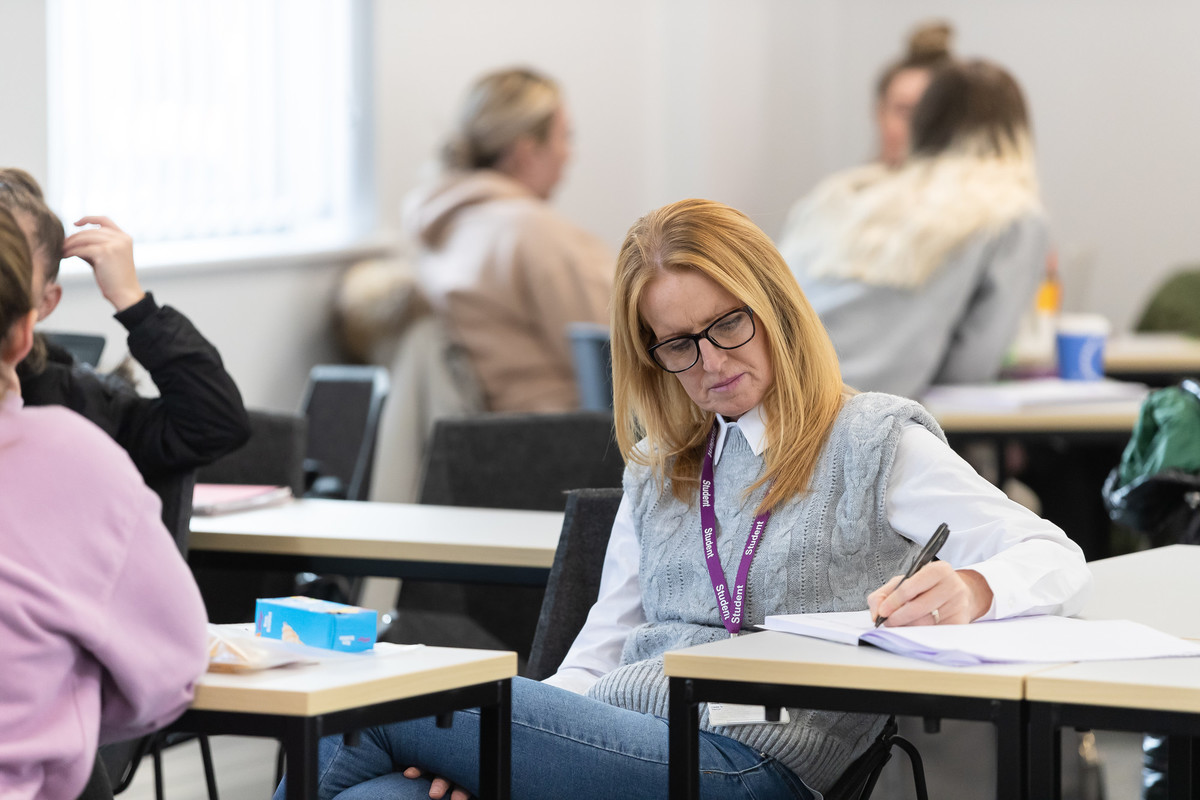
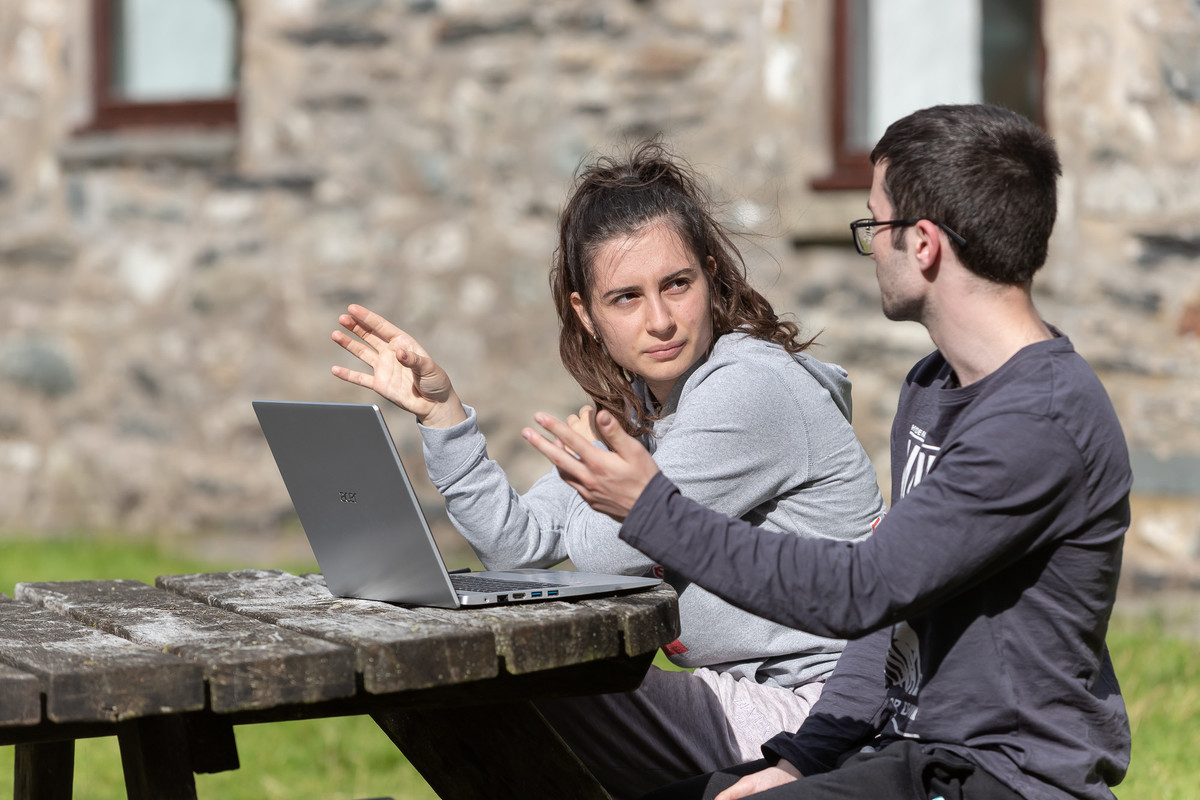
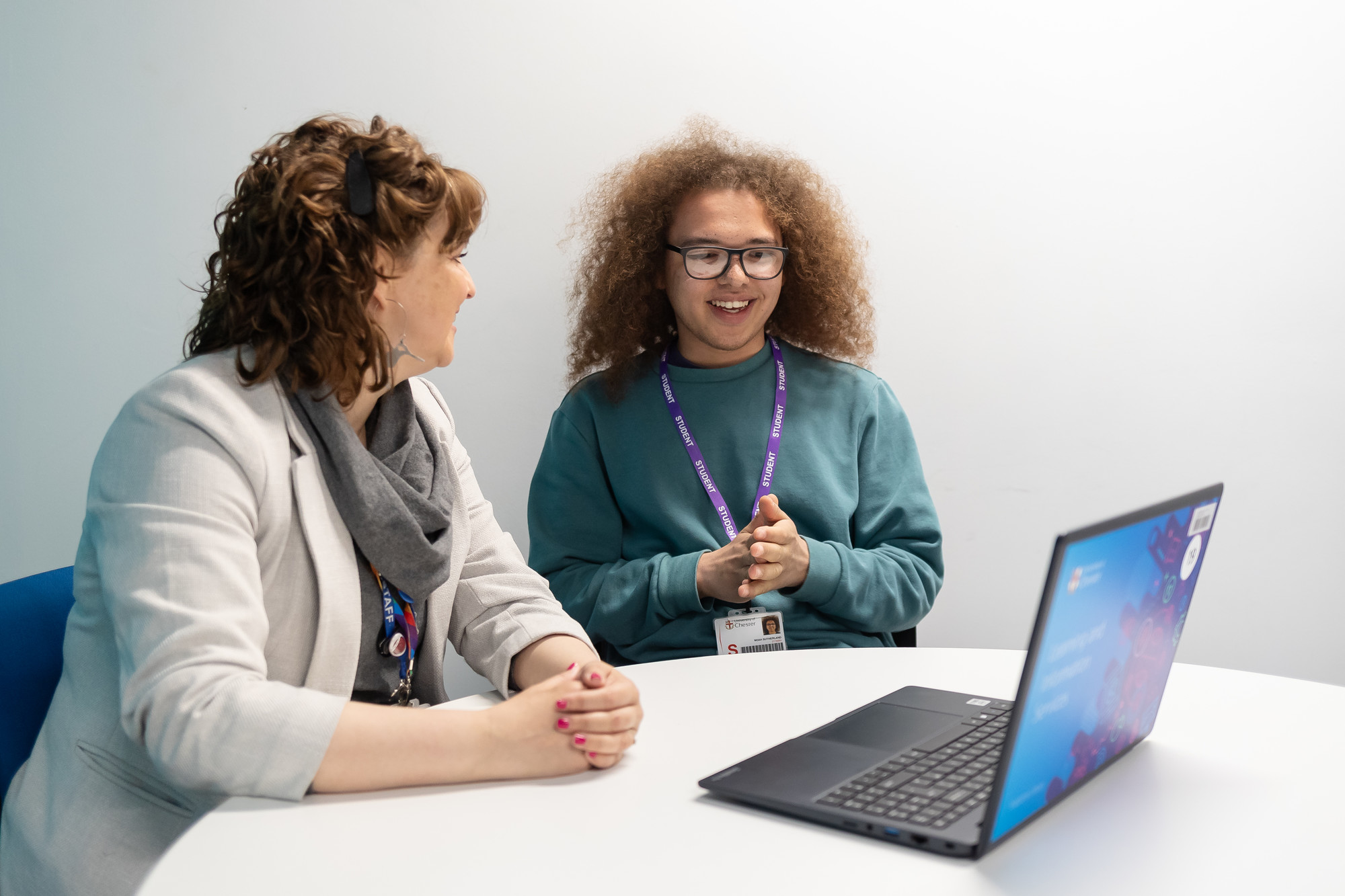
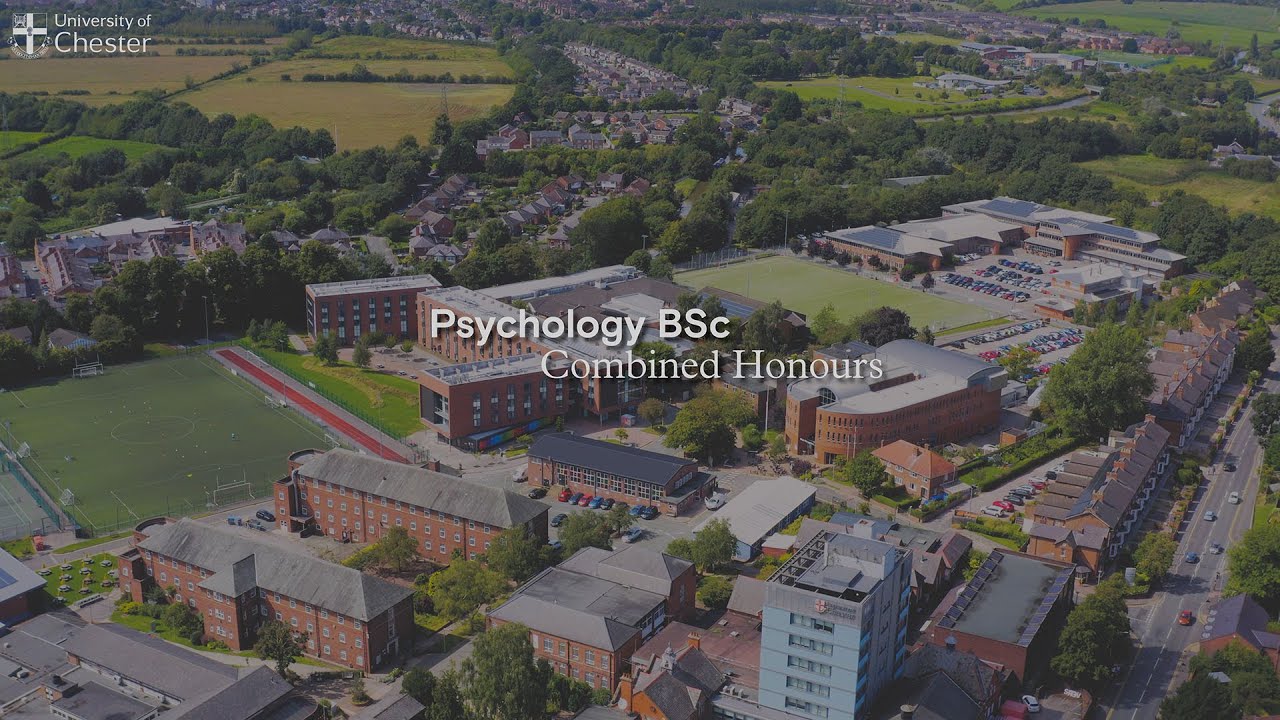

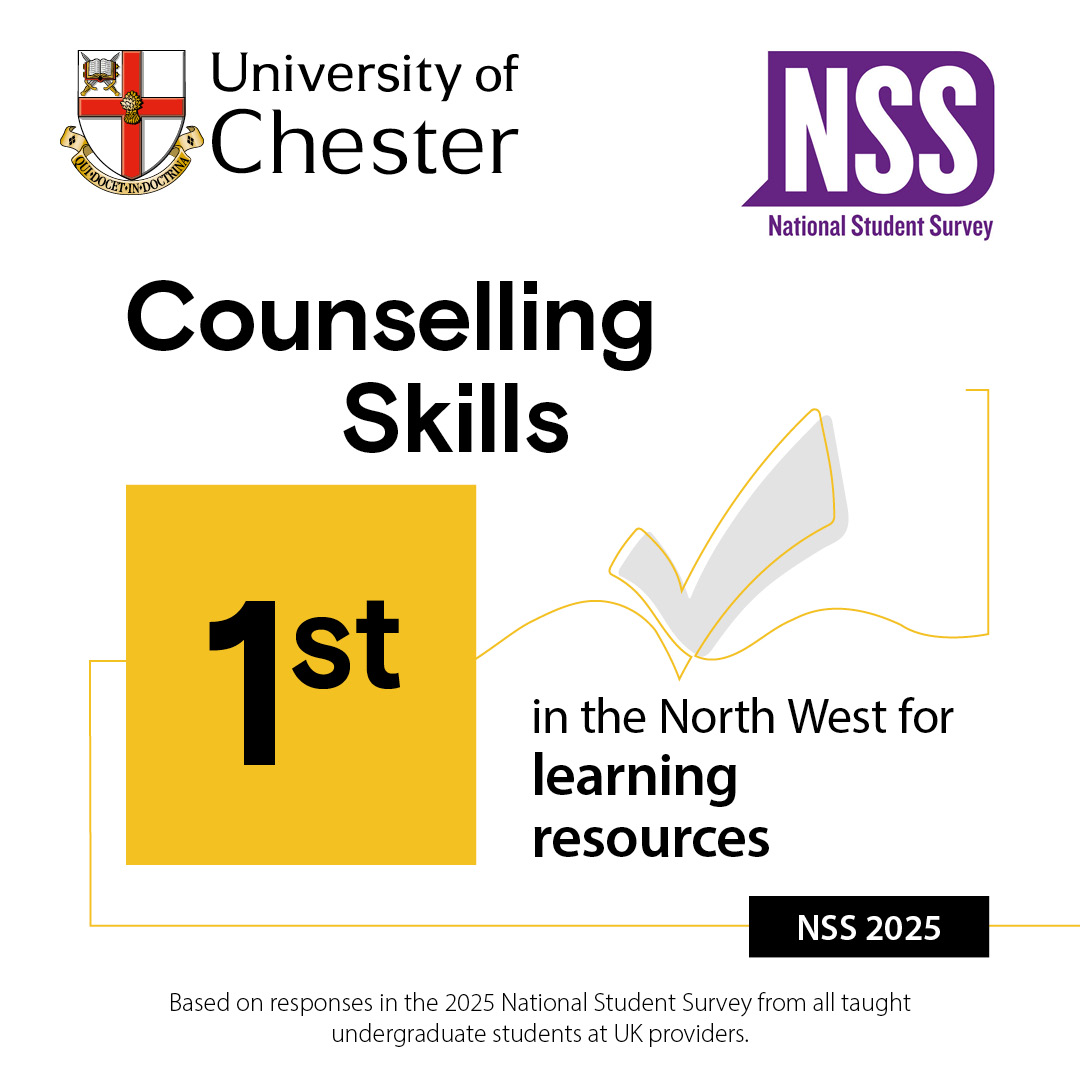
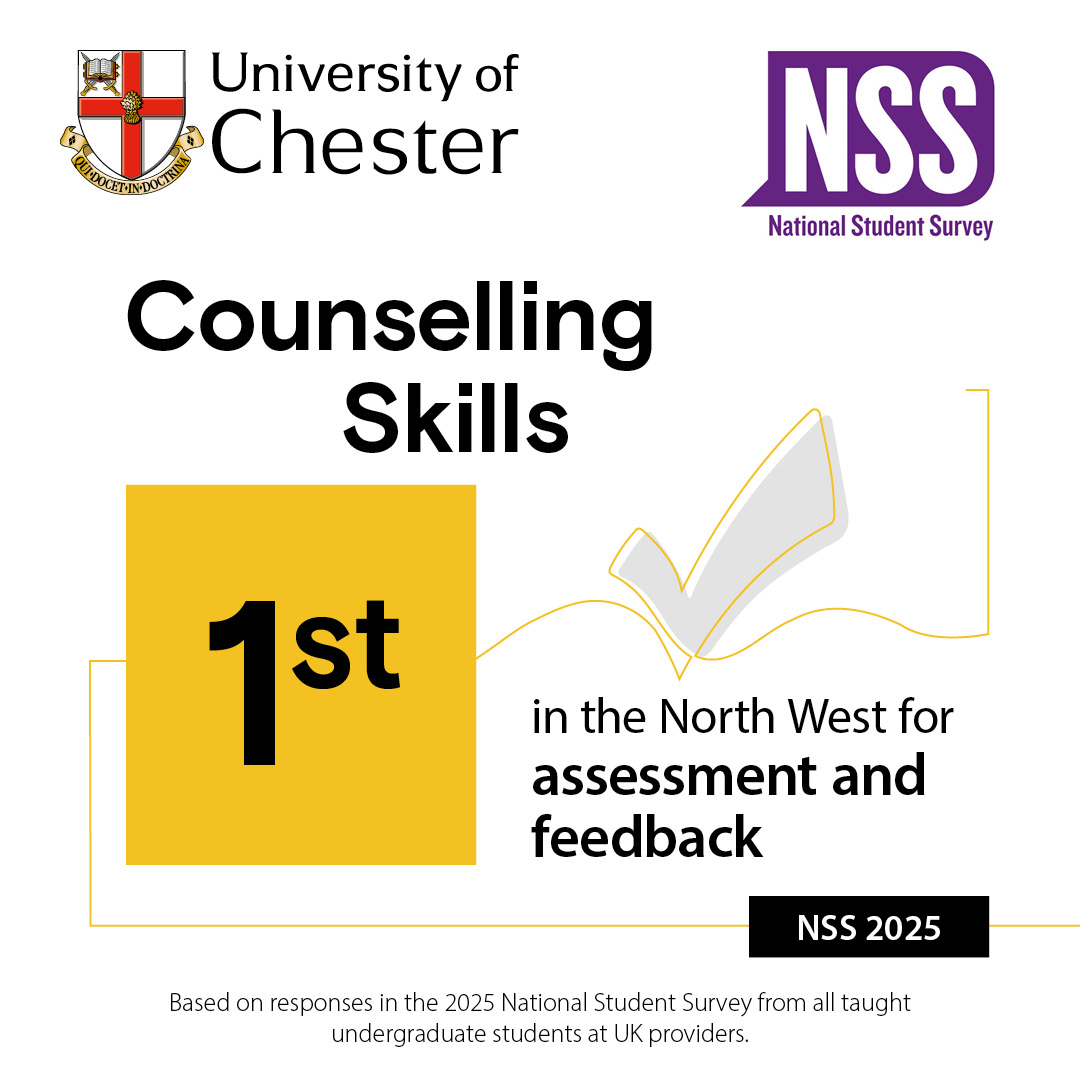
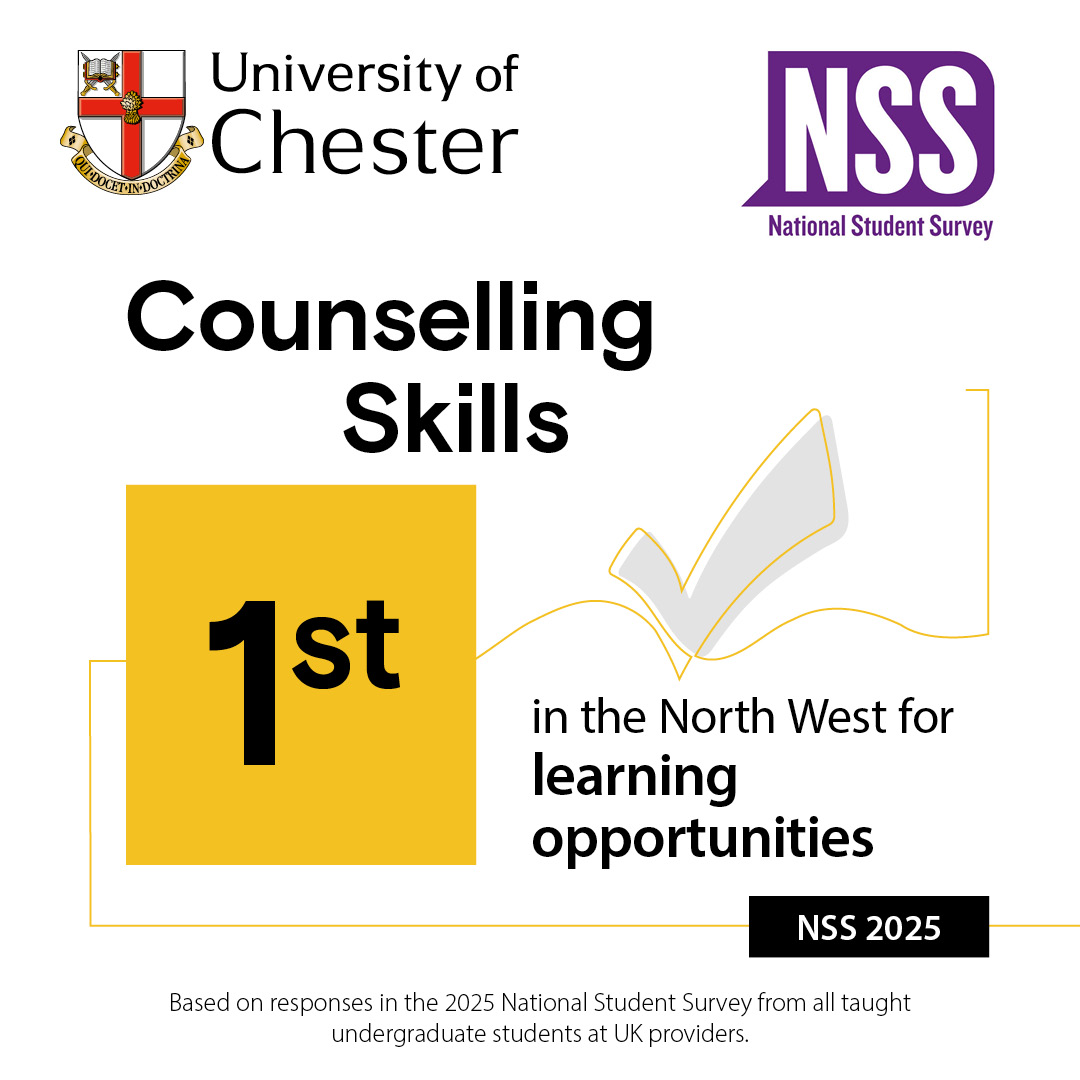
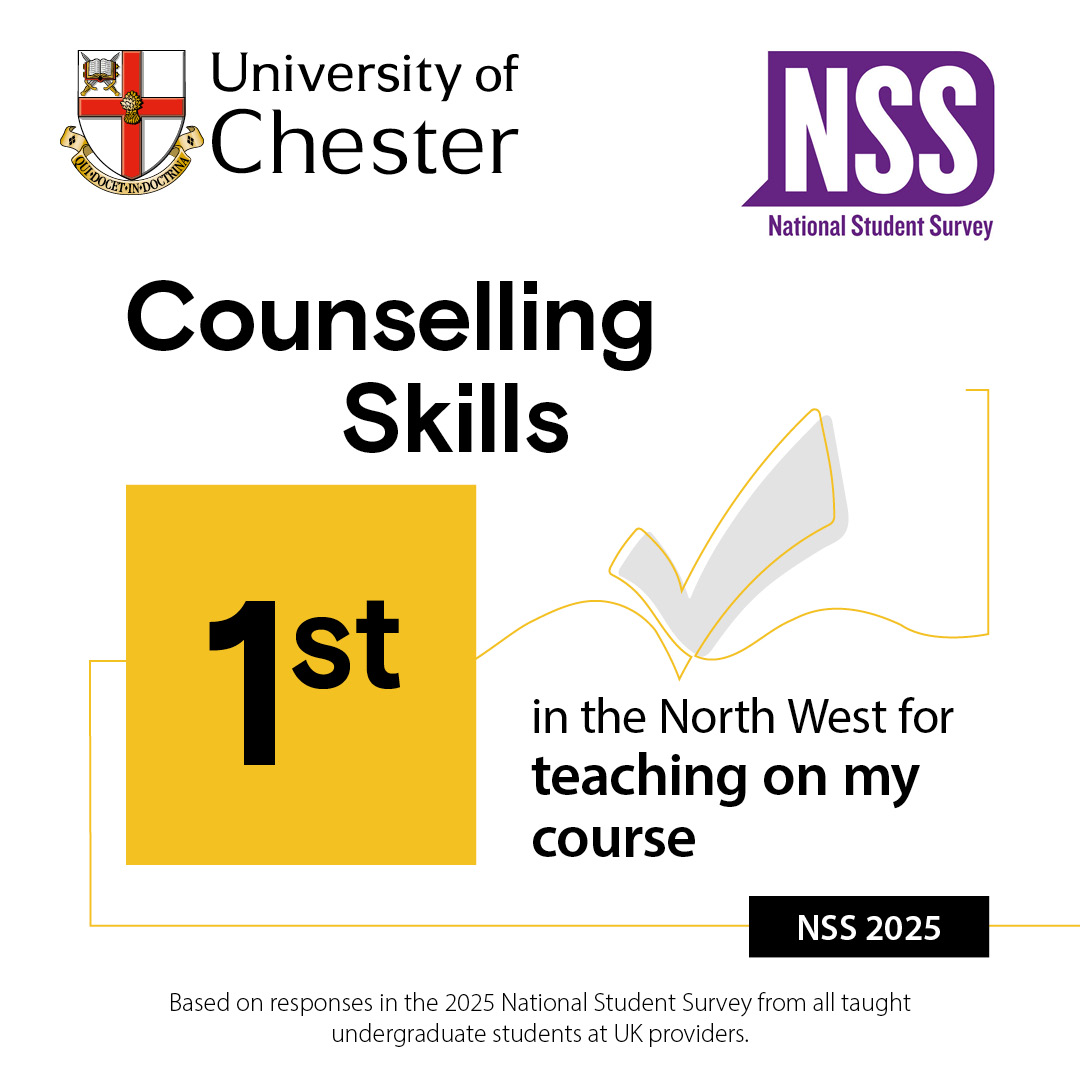
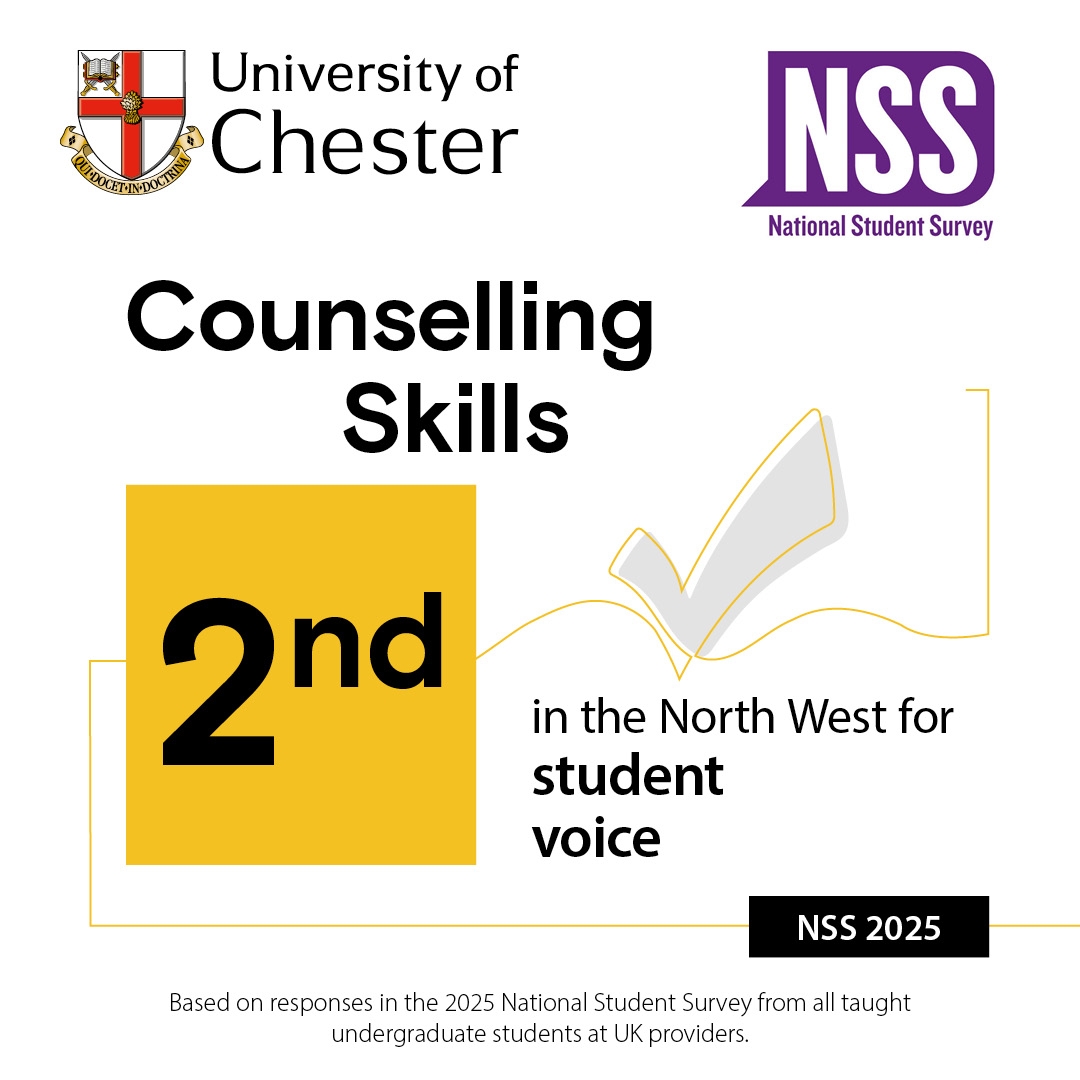
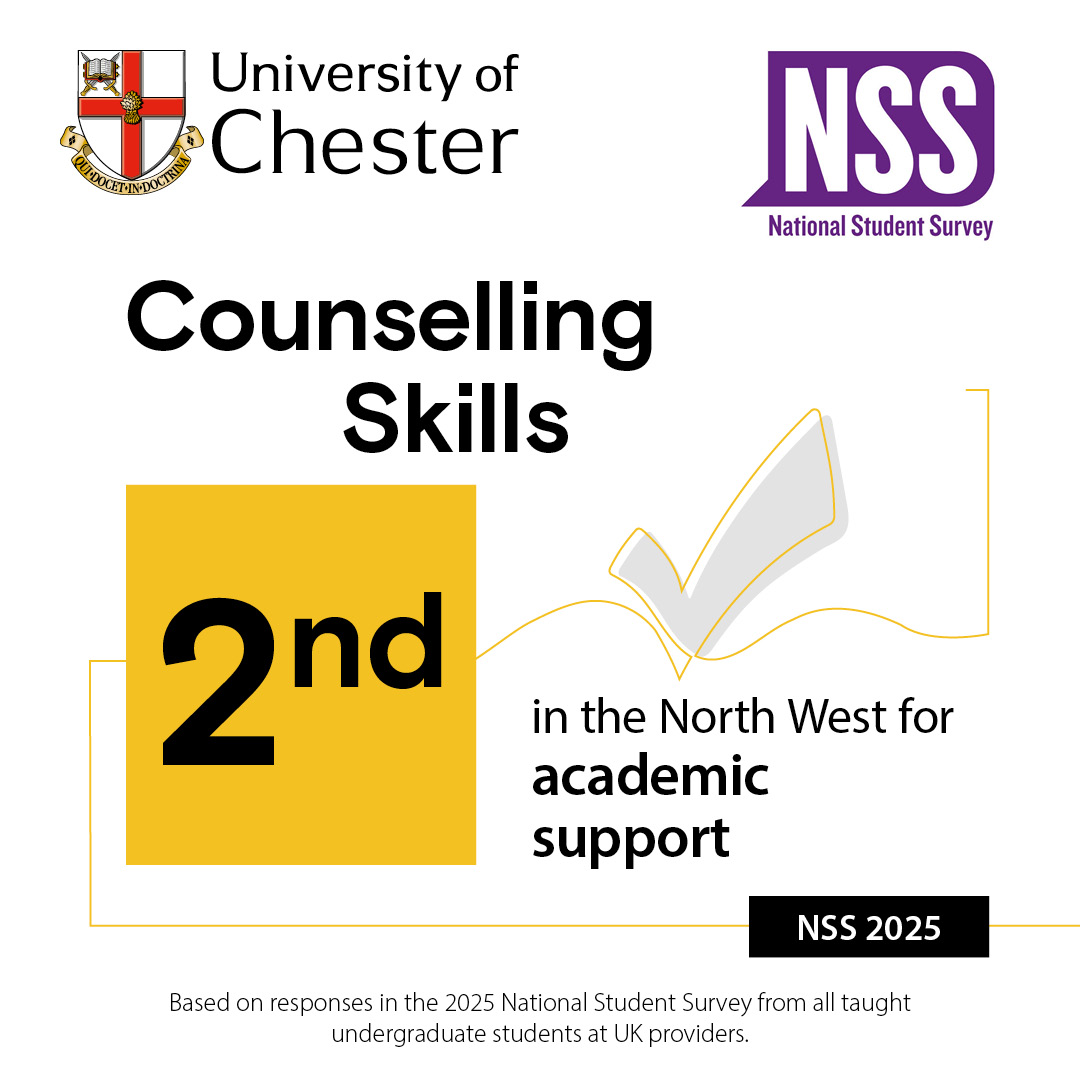
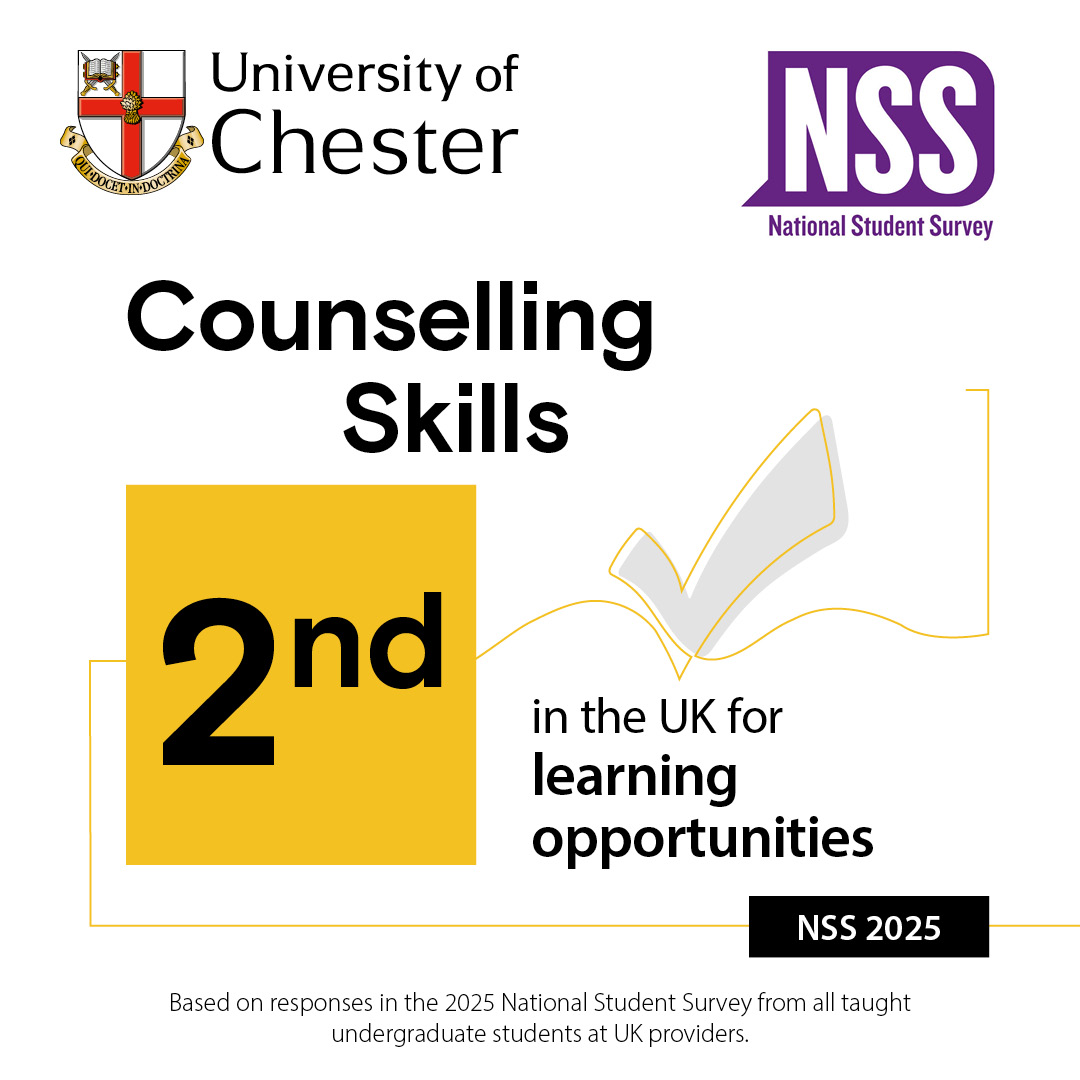
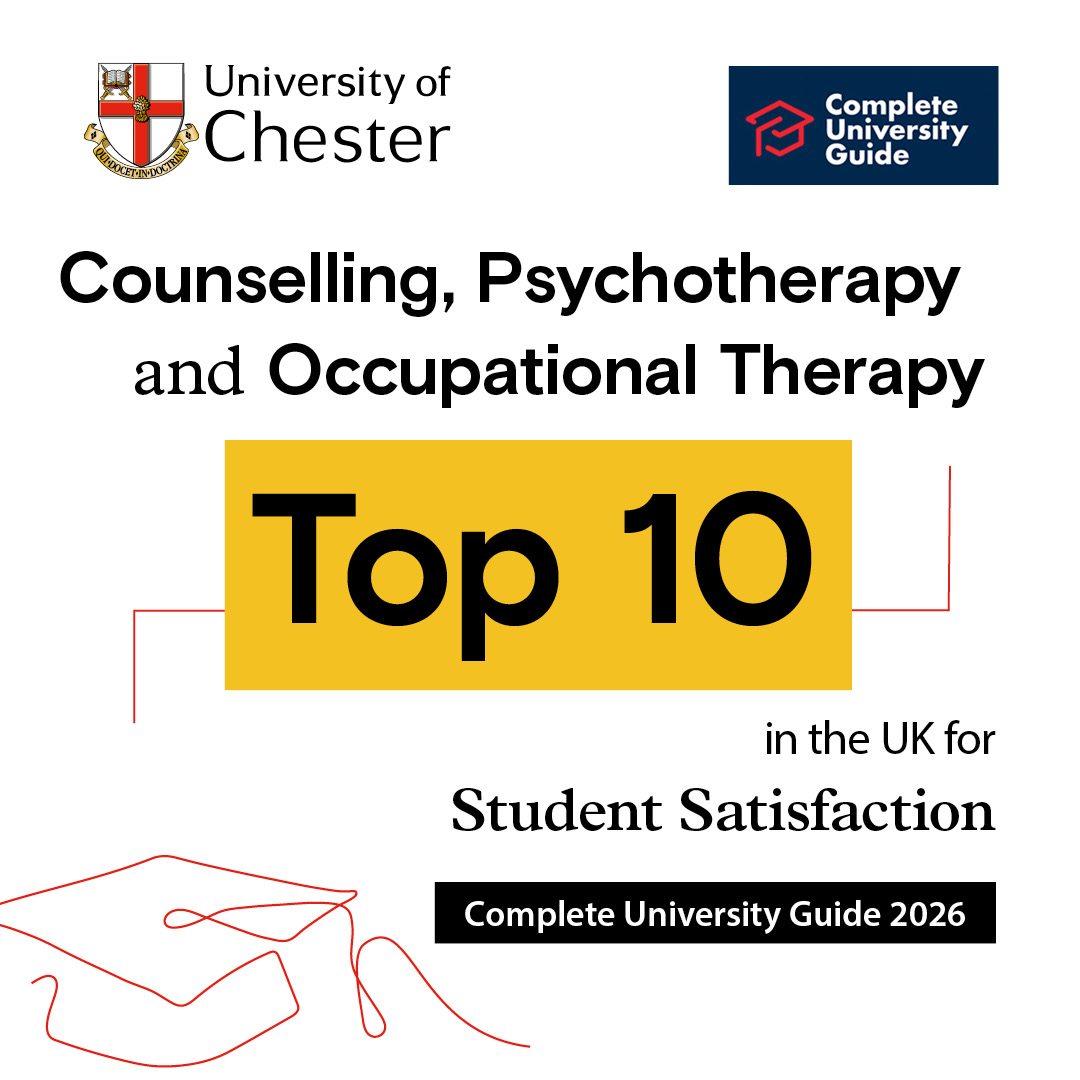


.jpg)




